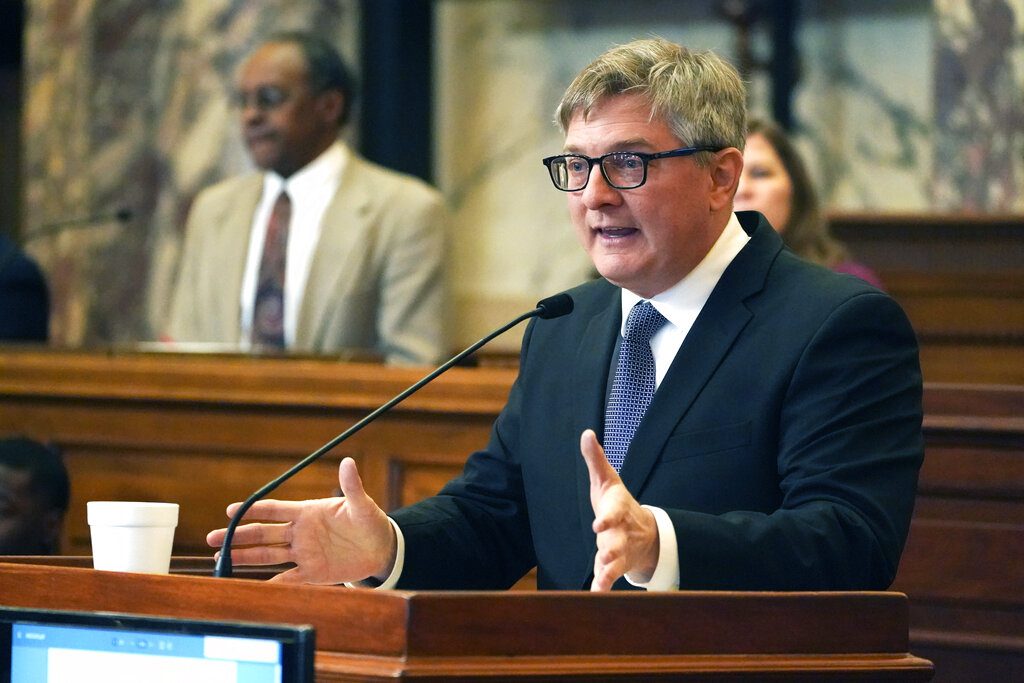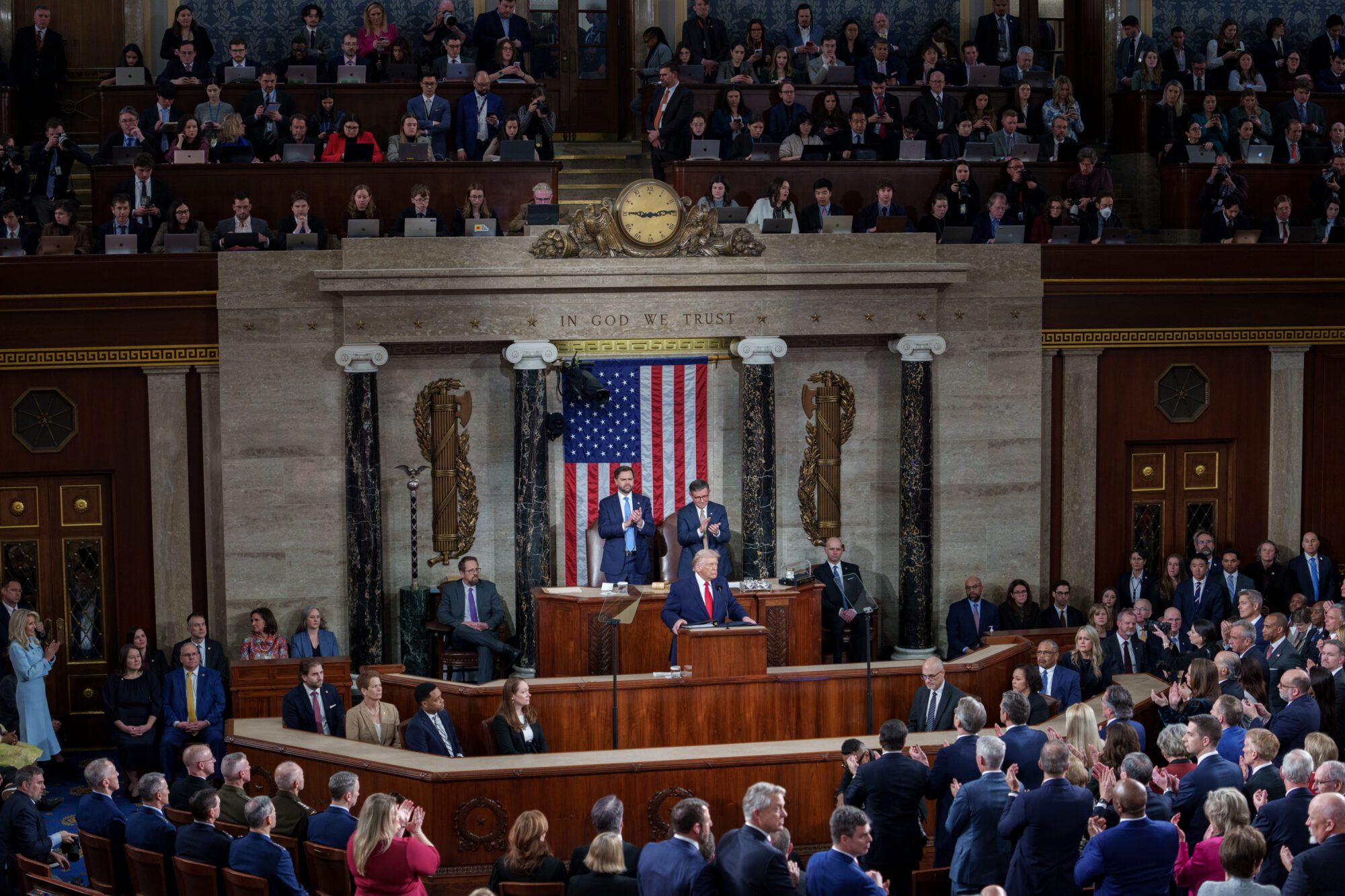Medicaid: Perennial shortfalls and reliant on one-time money
The worst kept secret in Mississippi government is that there are almost perennial budget shortfalls in the state’s Medicaid program and that state government – both the Legislature and the last several governors – has been addicted to paying for the program with non-recurring revenue or “one-time money.”
Created in 1965 through congressional amendments to the Social Security Act, Medicaid is the federally aided, state-operated and state-administered program that provides health and medical care to the aged, the blind, the disabled and members of low-income families with dependent children.
Who receives Medicaid in Mississippi? Almost 40 percent of recipients are children, 25 percent are elderly and about 22 percent are disabled.
Contrary to one of Mississippi’s meanest and most backward political stereotypes, the majority of Mississippi Medicaid recipients are white.
Former Gov. Ronnie Musgrove used the program expansions the Legislature afforded him to grow the program by almost 40 percent in eligible recipients during his administration with predictable fiscal results. State spending on Medicaid more than doubled between Fiscal Year 2000 and 2005.
Republican Haley Barbour challenged Musgrove in his 2003 re-election bid and the state’s exploding Medicaid growth was a major issue in that race.
Barbour promised to dig out of what he called the state’s “$709 million budget hole” in two years by the elimination of program deficits in key programs like Medicaid and a reduction in the use of one-time special fund monies to finance the operations of state government.
The Republican governor attacked Medicaid eligibility and expenses through seeking federal waivers and by instituting a plan to cut Medicaid spending by shifting 49,000 Poverty Level, Aged and Disabled Medicaid patients to the federal Medicare program.
The PLAD transfer became the lightning rod of Barbour criticism during his first year in office.
Barbour also went at cutting Medicaid by instituting face-to-face reauthorizations – another austerity move that drew withering criticism.
But despite Barbour’s efforts, Medicaid continued to incur deficits and continued to be reliant on one-time money. By 2005, Medicaid had a $268 million deficit that was bailed out primarily with $240 million from the state’s tobacco settlement trust fund with Barbour’s blessing.
What Mississippi taxpayers are witnessing in the current legislative special session is more of a partisan political fight between Barbour’s Senate Republicans and House Speaker Billy McCoy’s Democrats than battle to bring a sea change to the relatively constant cycle of near perennial Medicaid budget shortfalls followed by one-time money bailouts.
Lost in the argument is the reality that few programs help a poor state like Mississippi more than Medicaid in bringing in $3 in federal public health care funding for every $1 in state money expended.
Sid Salter Blog
6/4/8







